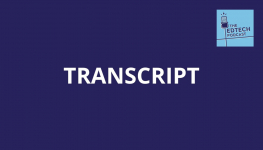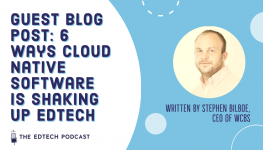What did I learn at ASU GSV Summit 2017? | Education Technology
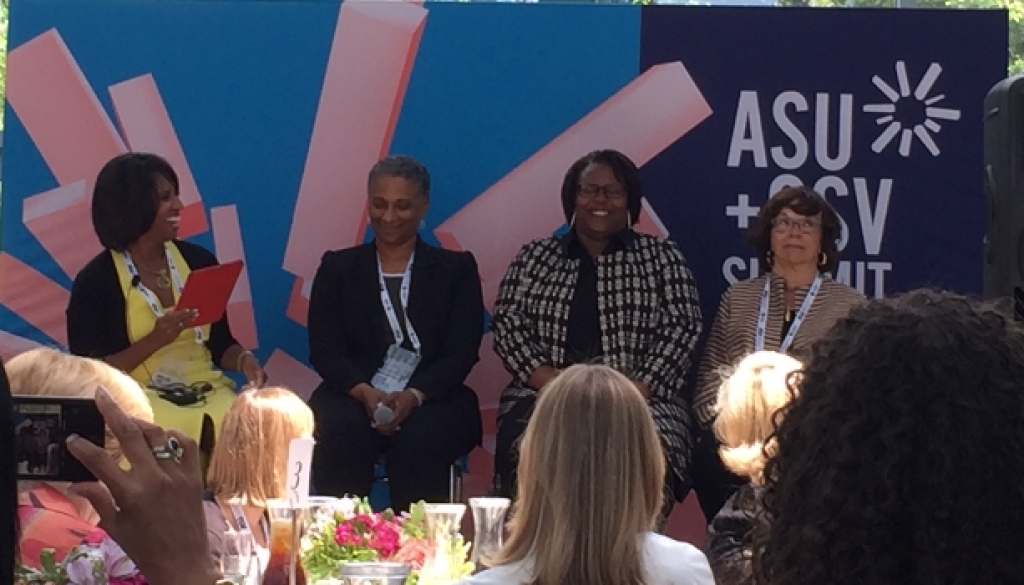
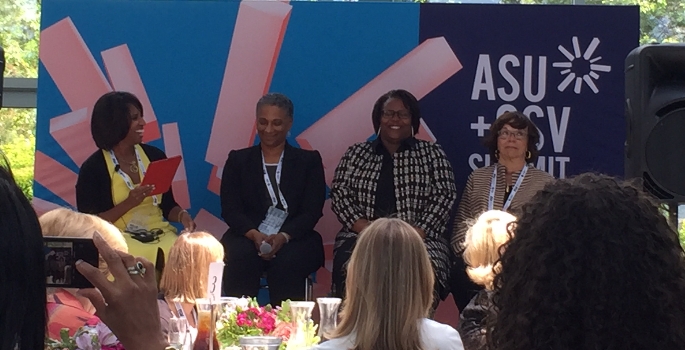
ASU GSV Summit (the partnership event between Arizona State University and Global Silicon Valley Partner Investors) is the leading investor/venture event for edtech. This year, I attended as a media partner, on behalf of The Edtech Podcast, variously moderating panels and recording interviews with attendees from around the world. What did I find out?
China is the hot ticket
Unsurprising to us international edtech-ers, China was hot property at the event with a delegation travelling with the TAL-initiative Edstars. I spoke to Dun Xiao, co-founder, 17zuoye.com (the largest online homework platform for K12 students in China) who mentioned that 3 or so years ago there would be ten people in the ‘China sessions’. This year the numerous ‘China sessions’ were packed as start-ups and investors clamoured to understand this vast, well-funded, and difficult-to-navigate edtech opportunity.
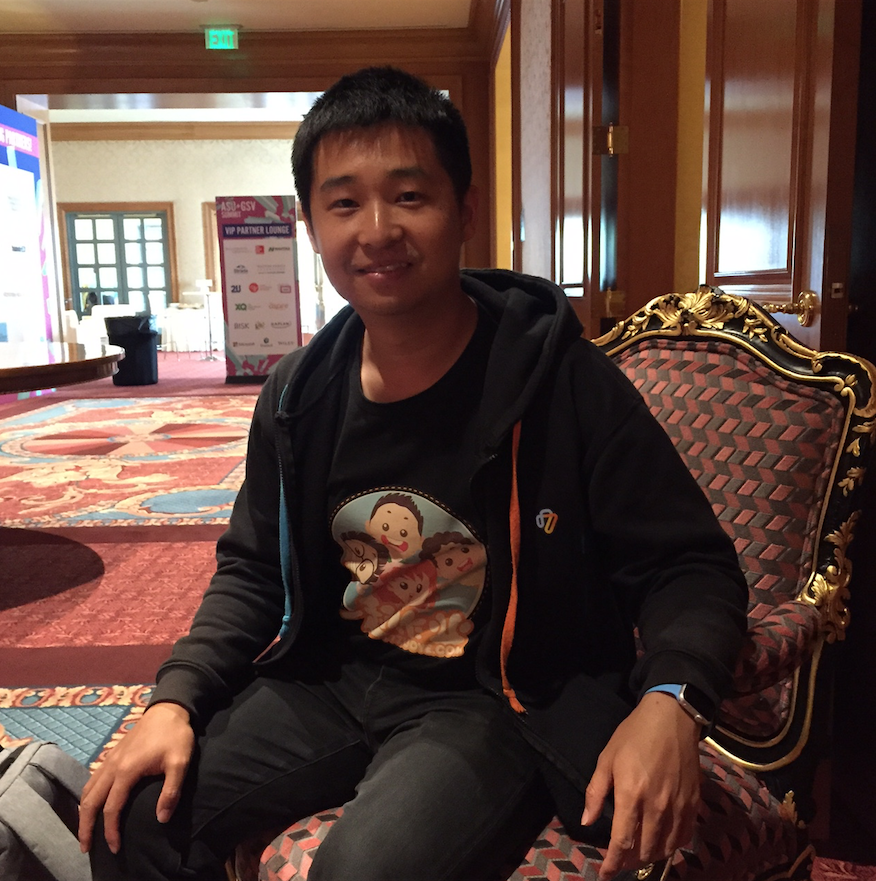
Global Citizenship
The term ‘soft skills’ has gone out of favour. It sounds ‘weak’ for a set of skills essential to our collaborative, networked world. Global citizenship was a hot topic at ASU GSV Summit, following on the news from the OECD that next year’s PISA table will include global competency as a category in international country rankings. This has been long overdue to broaden the rankings from pure standardized testing outputs. At the event, two announcements were noticeable. Firstly, EverFi and LinkedIn announced they will roll out a compassion course to primary schools across the US to help teach emotional intelligence. Second, Arizona State University and The Asia Society are launching an online course on global citizenship aimed at schools that wish to include this in their teaching practice alongside their core curriculum.
The opportunity and threat of AI
A fascinating keynote from GSV’s Michael Moe helped provide some historical context on our longstanding fear of technology as humans. Our current politicians’ tropes about miners jobs being lost are also misplaced. It’s not mining, it’s our students future retail jobs that are fast disappearing, with 100,000 US retail jobs lost since October 2016. That’s more than the entire US mining workforce combined. What does this mean for education? We should get used to cognitive assistance, whether that’s IBM Watson and Pearson assisting students on higher education projects, Differ or AdmitHub helping to answer edu institution FAQs, or Liulishuo’s 40million+ English language learners using China’s leading “AI+Education” company. Our challenge as humans will be our inability to learn/transfer knowledge as fast as artificial intelligence. Our strength will be our humanness, (see Global Citizenship).
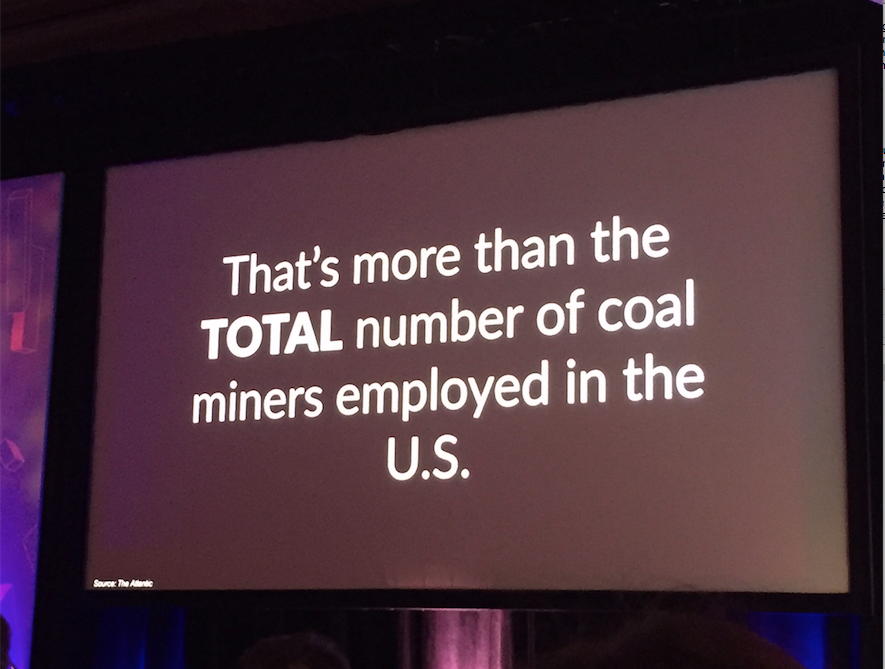
Unpackaging Degrees and Continuous Learning
Higher Education is in dire straits in the US, with student debt, dropouts, and lack of diversity all current issues. The pressure for more relevant and timely education, or KaizenEdu as some are calling it, is not going away. I heard from the CEO of OpenClassrooms who revealed that Morocco was one of the most active countries using online courses through his platform. (There are not enough nor high quality enough local Universities to cater for the appetite in digital skills development out of the country). Additionally, Australian outfit Navitas Ventures launched a market mapping of Edtech investment. The largest sum of investment at $10bn was in the category that encompassed online learning, described as ‘where traditional and digital models are colliding to meet the needs of a growing set of global learners and changing workforce priorities.’ Additionally, the CEO of Skills Fund talked about his accreditation and financing service for alternative education providers such as boot camps to help regulate the upcoming players. We are living older and having multiple careers in one lifetime. The old model of School > Uni > Work doesn’t fit any more. We don’t always go to physical shops to buy stuff, we don’t need to go to physical places to learn or to work. This came up again and again.
We still have a long way to go to achieve ‘education for all’.
Incidental or Invisible Learning and Efficacy
Hot off the heels of EDUCATE in London (an EU-funded UCL initiative to support edtech start-ups with researchers to measure the efficacy of their products) comes the Jefferson Education Accelerator in the US, with similar ambitions out of Virginia University. The movement towards measuring impact comes hand in hand with the move of the edtech conversation from pure tech, to engaging teachers, to engaging students, and now to engaging parents. With many ‘direct to consumer’ offerings out there, like mobile games Big Bang Legends or Ruby Rei for physics and language studies respectively, the question of whether full-blown efficacy studies are essential comes into question. Arguably, outside of institutional settings there is more of an appetite for trial and error, as the idea of ‘invisible or incidental learning’, which puts engagement first, takes hold.
Equity and Diversity is Still an Edtech Issue
Companies continued to trumpet their diversity campaigns (whilst a quick Google search of their boards revealed a very familiar lack of diversity at the top level). At the ladies lunch, we heard from an amazing group of educators, including leaders from EDloc, working to break the impasse of opportunities for young people from poorer, non-white communities in Chicago. But the existing situation does not make for good reading. Back on the start-up side, female-led ventures continue to generate less funding than their male counterparts. An industry colleague of mine heard a VC on stage state ‘investing in a woman, is like investing in Botswana’ – ignorant and offensive from every angle. We still have a long way to go to achieve ‘education for all’.
Source: What did I learn at ASU GSV Summit 2017? | Education Technology

